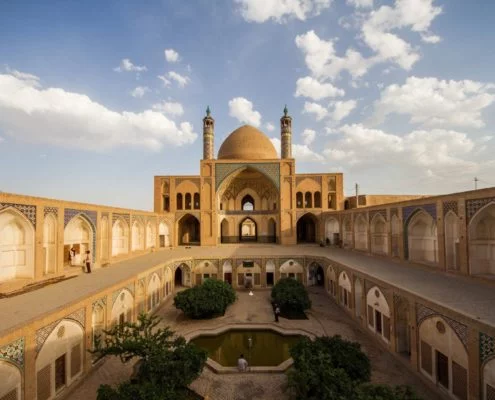Iran provides exceptional opportunities for international students to study medical sciences, including degrees in medicine, dentistry, pharmacy, and related fields. Iran, with its rich academic tradition, modern facilities, and internationally accredited programs, is home to 14 medical universities recognized for their significant achievements both nationally and globally. Among the top institutions are Tehran University of Medical Sciences, Shahid Beheshti University of Medical Sciences, Tarbiat Modares University, and Mashhad University of Medical Sciences.
These universities are recognized by international medical organizations such as the World Health Organization (WHO). A Bachelor of Medicine, Bachelor of Surgery (MBBS) degree from Iran holds considerable global value, enabling graduates to sit for licensing exams like USMLE, PLAB, and PMC’s NLE, granting them the ability to practice medicine in various countries worldwide. With affordable tuition fees and a commitment to academic excellence, Iranian universities continue to attract students from around the world.
Before beginning this journey, it’s crucial to understand the academic requirements, the application process, and the steps needed to succeed. This guide offers comprehensive information to help you confidently prepare and apply for medical programs in Iran.
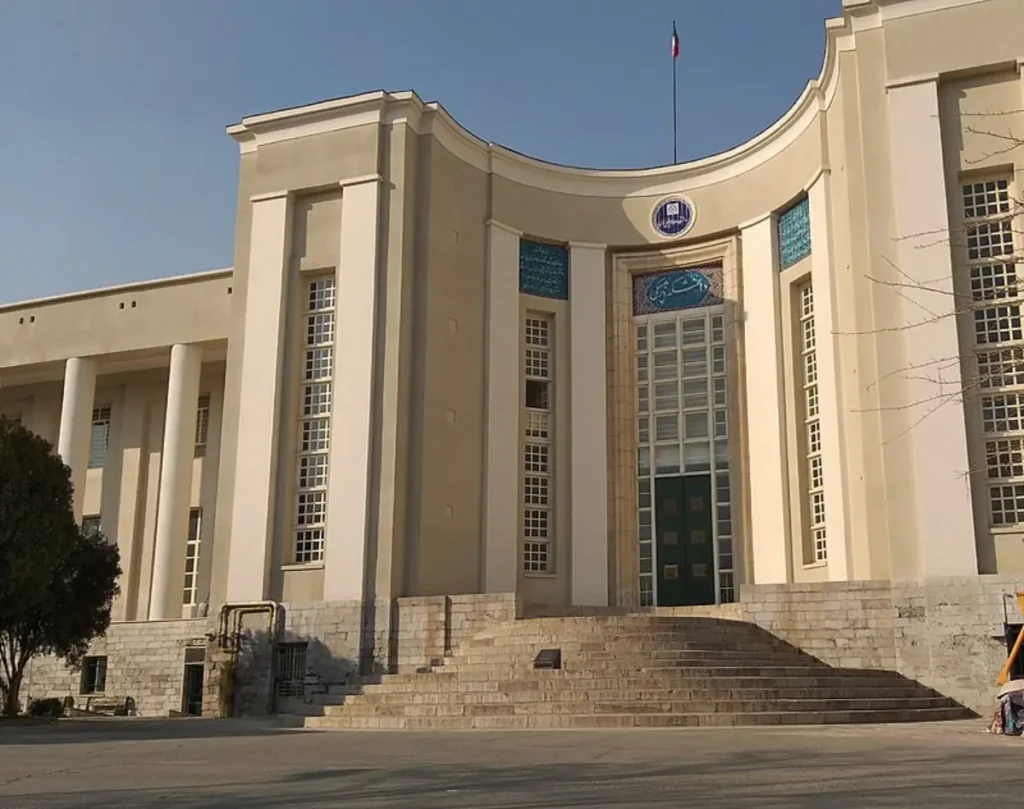
How to Apply to Study Medical Sciences in Iran
The application process for medical sciences programs in Iran is straightforward but requires attention to detail. It is done through an online application system, where you must register and complete various sections. The steps are as follows:
- Fill in your personal details, such as name, date of birth, and nationality.
- Upload your educational qualifications, including high school diplomas or university degrees, as applicable.
- Provide financial information, including details of how you plan to fund your studies.
- Write a personal statement outlining your goals and why you are interested in studying medical sciences in Iran.
Applications are reviewed by the university, and some programs may require an interview as part of the selection process. Be sure to complete every section of the application form and double-check your information before submitting it. Any missing or incorrect information could delay or impact your application.
Requirements for International Students Applying to Medical Science Programs in Iran
To study medical sciences in Iran, international students must meet specific eligibility criteria, and academic requirements, and prepare the necessary documentation. Below is a detailed breakdown of all requirements for admission to undergraduate, graduate, and doctoral programs in Iran.
Eligibility and Residency of International Students
International applicants must have valid residency documents to apply. The acceptable documents include:
- Valid Passport: Must have at least six months of validity and a residency permit.
- Political Asylum Document: Verified by Iranian authorities.
- Identification Card for Non-Iranian Residents: Issued by the Ministry of Interior.
- Valid Refugee Card: Recognized by the Ministry of Interior or other regulatory bodies.
Applicants admitted through institutions like Al-Mustafa International University may register with temporary residency documents but must later provide a valid passport, student visa, and legal residency to complete their registration.
Academic Criteria for International Students
For Undergraduate Studies
- High School Diploma or Equivalent: Must include coursework in biology, chemistry, mathematics, and physics.
- English Proficiency:
- IELTS: Minimum score of 5.5
- TOEFL iBT: 69
- TOEFL PBT: 525
If language requirements are not met, students may need to take preparatory courses.
Application Documents
- Motivation Letter explaining your field of interest and reasons for studying in Iran.
- Curriculum Vitae (C.V.)
- Passport-size photograph
- Scanned copy of your passport
For Graduate Studies
- Academic Records: Previous academic certificates and transcripts.
- Additional Documentation:
- Two recommendation letters from professors or academic advisors.
- Statement of purpose outlining your goals and program expectations.
- Detailed resume (C.V.) listing academic achievements and relevant experience.
- Evidence of research experience (if applicable), such as publications, conference presentations, or authored books.
For Doctoral (Ph.D.) Studies in Medical Sciences
- Minimum GPA Requirement: A cumulative GPA of 14/20 in the previous master’s program. Discrepancies in reported GPA will result in enrollment cancellation.
- No Degree Repetition: Students cannot pursue the same academic degree or equivalent in Iran.
- Language of Study: Most programs are in Persian, and students may need to complete preparatory Persian courses.
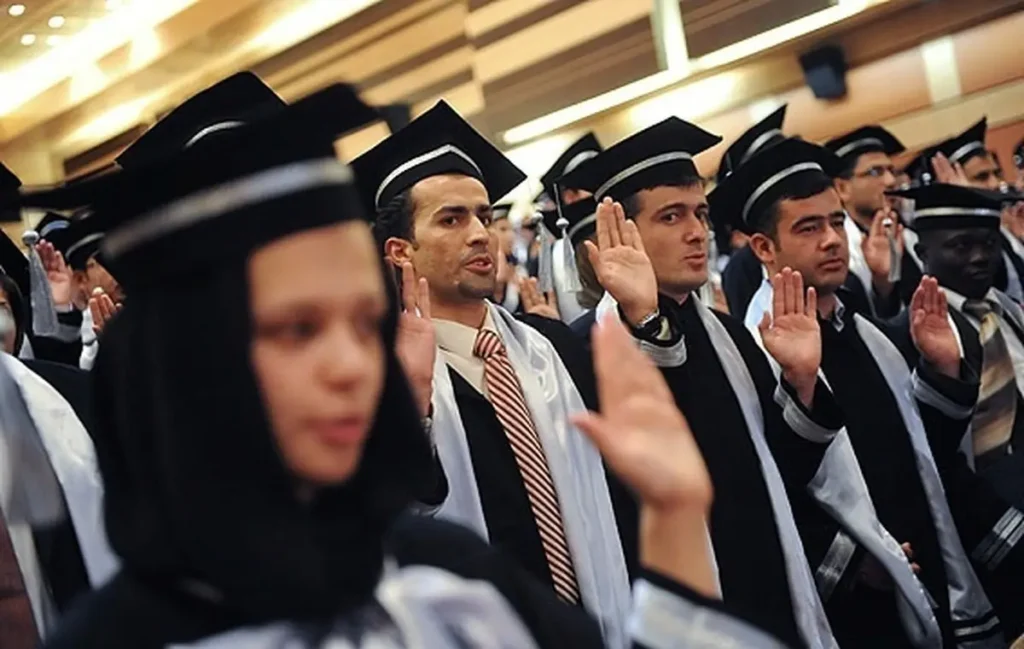
Financial and Sponsorship Considerations for International Students
Tuition Fees: International students must pay tuition fees as set by the Ministry of Health. Applicants should confirm these fees before applying.
Scholarship Students: Students applying with scholarships must secure an official approval letter from the Ministry of Health’s Educational Services Center and upload it during the application process.
Documentation Requirements
Accurate and complete documentation is critical for a smooth application process. Prepare the following:
- Completed Application Form: Follow the university’s specific guidelines.
- Photographs: Recent passport-size photo meeting dress code requirements.
- Academic Credentials and Transcripts: Official copies in high-quality scans.
- Proof of English Proficiency: As per program requirements.
- Additional Residency Documents: Based on the eligibility criteria mentioned above.
After Acceptance
Receiving an acceptance letter from a university is an exciting milestone, but it is only the first step. Here’s what you need to do next:
Iran Visa Application
After receiving your admission offer, begin the visa application process. You will need to provide necessary documents, including your admission letter and personal identification. Some programs may also require a special registration code from the Iranian academic portal.
Don’t miss my Comprehensive Guide to Iran Student Visa. This detailed article walks you through the entire visa process, from required documents to step-by-step application instructions, ensuring a smooth start to your academic journey in Iran.
Comprehensive Student Visa and Application Services
When you choose Visit Our Iran, we handle the entire process for you—from applying to your chosen university to securing your student visa. This means you don’t need to worry about navigating complicated paperwork or visa requirements. Our services include:
- University Applications: We manage the submission of all forms and required documents, ensuring your application meets university standards.
- Visa Arrangements: Our team handles all aspects of the student visa process, from gathering the necessary documents to guiding you through any additional steps.
Our all-in-one package covers everything, saving you time and effort while ensuring a seamless start to your academic journey in Iran.
Personalized Support Every Step of the Way
We know that starting a new chapter in a different country can be overwhelming. At Visit Our Iran, our services go beyond paperwork. We help you prepare for life in Iran, offering:
- Accommodation Arrangements: Assistance in finding safe and convenient housing options.
- Travel Support: Guidance on booking your flight and planning your arrival.
- After-Arrival Support: Help with settling into your new environment, including tips on adapting to life in Iran.
If you’re considering studying in Iran, contact us today for a free student visa consultation. We will handle the details so you can focus on your education and enjoy the vibrant culture and opportunities that Iran offers.
Don’t forget to discover why Iran is becoming a top destination for international students in my article, Why Iran is Ideal for International Students: Excellence and Recognition. You can also check out the article Studying in Iran as an International Student for everything you need to get started!
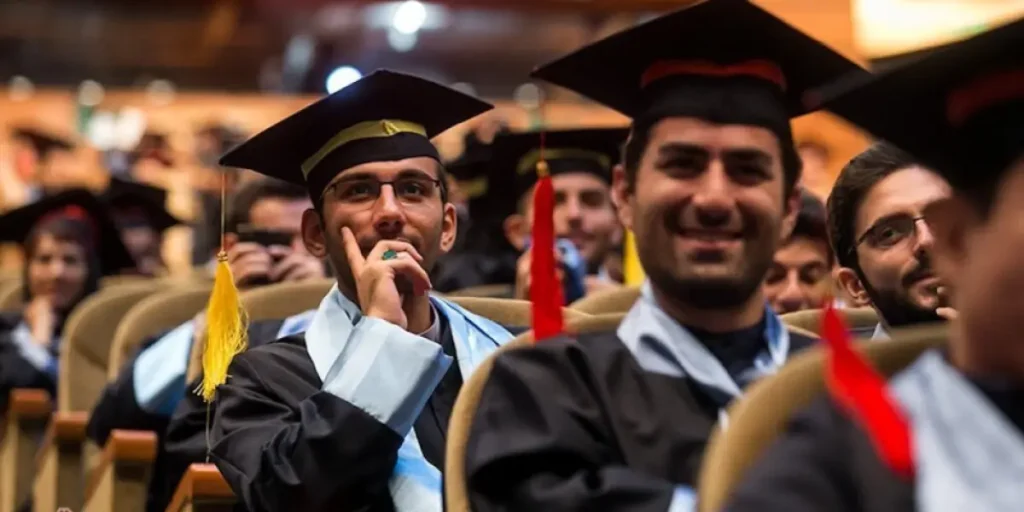
Language Preparation
While most medical programs in Iran are taught in English, proficiency in Persian is required for fields involving patient interaction, such as medicine and dentistry. If your Persian language skills are not sufficient, you may need to complete language courses before beginning your program.
Proper preparation during this phase will ensure that you can transition smoothly into academic life in Iran. Make sure to familiarize yourself with the local culture and regulations to ease your integration into the community.
Guidelines for International Students Pursuing MD and MBBS in Iran
Iran provides international students with structured and well-defined pathways for pursuing medical degrees such as MD and MBBS. These programs are regulated under unified academic frameworks to ensure consistency and quality. Below is an in-depth explanation of the training process, academic rules, and related procedures for medical students studying in Iran.
Similarities and Flexibility Between MD and MBBS Programs
The training and curriculum for MD and MBBS programs in Iran are closely aligned. The MD program’s educational regulations fully apply to the MBBS program as well. This means students in both programs receive comparable instruction and follow similar standards.
Flexibility During Studies: Students enrolled in MD or MBBS programs can transfer between these tracks with the approval of the academic institution. This flexibility ensures that students can choose the path that best fits their academic goals during their studies.
Final Examination: MBBS students must complete a Final Exit Assessment to graduate. This assessment comprises two stages:
Written Exam: Equivalent to the pre-internship exam.
Practical Exam: Conducted as an Objective Structured Clinical Examination (OSCE) to assess clinical skills.
Each stage contributes 50% to the final score, ensuring a balanced evaluation of theoretical knowledge and practical abilities.
Changing Programs Within Medical Sciences
In certain cases, students may request to switch from MBBS to MD. This request must be approved by the institution’s Foreign Student Admission Committee. Upon approval, the student must:
- Pass the pre-internship exam.
- Successfully complete an 18-month internship period.
For students who are disqualified from their current program due to academic regulations, transferring to a lower-level medical sciences program is possible with approval from the institution’s educational council. However, such transfers are subject to strict conditions outlined in the academic regulations.
Recognition of Prior Academic Credits
International students who have previously studied at other institutions or in different programs may request the transfer of their completed courses. Approval depends on the following criteria:
- Content Similarity: At least 80% of the course content must overlap with the new program’s curriculum.
- Minimum Grade: Each transferred course must have a grade of at least 12/20.
- Recency: Courses must have been completed within the last five years.
These criteria ensure that transferred credits meet the academic standards and remain relevant to the current program of study.
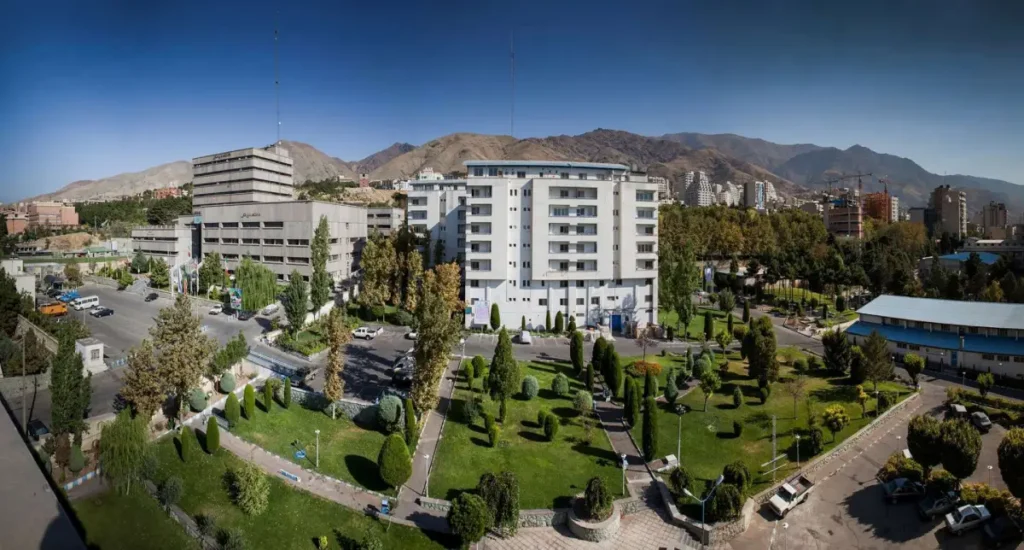
General Conditions for International Students in Iran
Eligibility criteria ensure applicants are non-residents of Iran with valid academic credentials. Legal compliance requires no barriers to their stay in Iran for academic purposes.
Academic Regulations
International students are subject to Iranian academic rules, including coursework, attendance, and exams, with additional considerations such as the prohibition on simultaneous enrollment in multiple programs like Al-Mustafa International University.
Return Obligation
Non-Iranian students are required to return to their home country upon graduation, enforced through formal agreements signed before graduation.
Degree Issuance
Graduation certificates and diplomas are issued only upon the presentation of an exit visa, verifying the student’s intention to leave Iran permanently.
Important Restrictions
International students are exempt from Iran’s mandatory military service due to their non-Iranian nationality. However, certain academic institutions located in restricted regions do not admit international students. Admission to such institutions is deemed invalid, and no alternative options will be provided.
Additionally, Iran does not guarantee residency permits for the families of international students, except for their spouses and children.
Regulations on Citizenship Changes
International students who acquire Iranian citizenship during their studies (e.g., through marriage to an Iranian national) must adhere to specific regulations:
- Tuition Fees: Students must pay tuition fees for the remainder of their program, as they are not eligible for free education.
Post-Graduation Obligations
Upon graduation, these students are required to fulfill obligations similar to Iranian graduates, such as participating in the Human Resources Program.
For graduates who change their citizenship status after completing their studies but before receiving their degrees, similar rules apply. These individuals are exempt from free education obligations since they paid tuition throughout their studies.
What If Your Application Isn’t Accepted at Iranian Universities?
If your application is unsuccessful, don’t lose hope. You can explore other programs or universities in Iran that match your qualifications and interests. Carefully review the feedback from the admissions office, as it can guide you in improving your application for the next attempt. Ensure all your documents are complete and meet the specified criteria to increase your chances of success in future applications.
By following these guidelines and preparing thoroughly, you can make your dream of studying medical sciences in Iran a reality. With careful planning and persistence, you can secure a place in one of Iran’s reputable academic institutions and embark on a rewarding educational journey. If you need consultation, contact us today.
